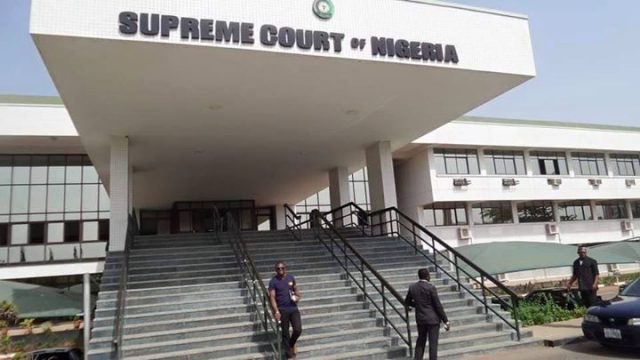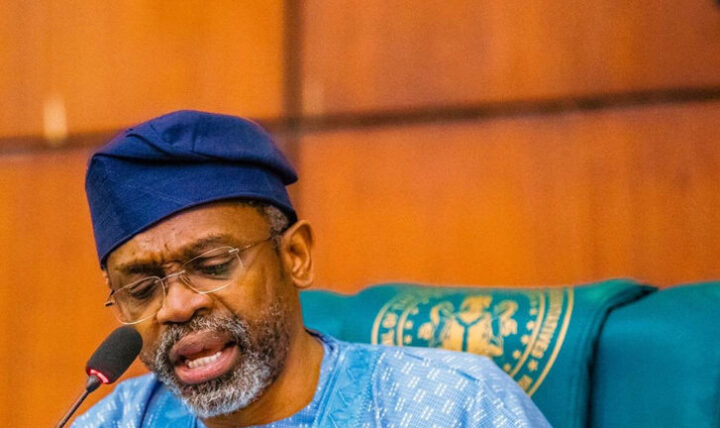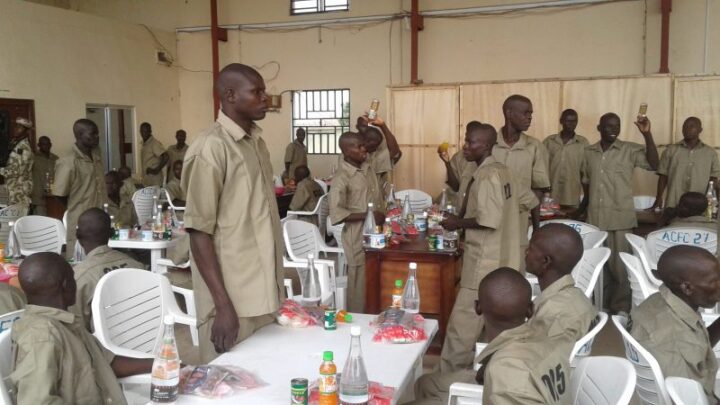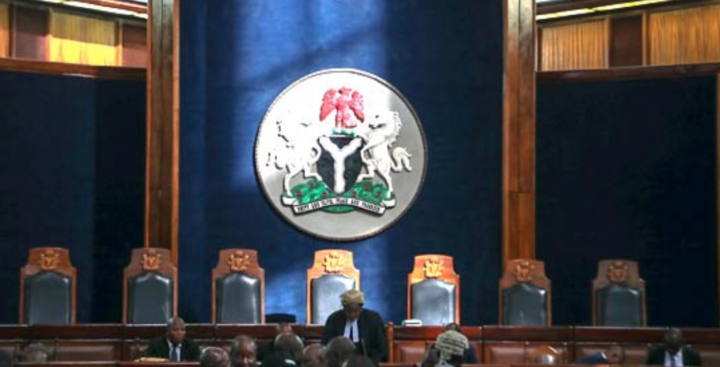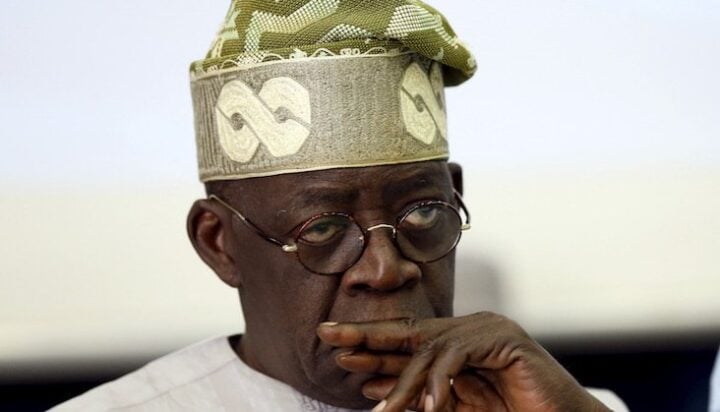BY RAYMOND NKANNEBE
The Nigerian judiciary in recent times has come under scrutiny by the mass of Nigerians on account of some of the judgements it has handed down arising from election related matters. These attacks instructively have been levied at the Supreme Court of the land, the fountain head of justice administration. At the time of this writing, at least two decisions of the court have been presented back to it for review. The one, arising from the judgement of the Court over the Zamfara state APC primaries imbroglio, and the other, the now infamous judgement of the court handed down on 13th January, 2020 over the Imo gubernatorial petition. There are also insinuations that the same court may also have to constitute a panel to review its judgement over the Bayelsa pre-election dispute that ultimately led to the sacking of the winner of the main election held in the state on the 16th November, 2019—David Lyon.
These developments have not been helped by the ugly optics that have greeted it. For the first time in our recent political history, we have seen protests led by different section of the society calling for the apex Court to review its judgement. These protests are complete with allegations of fraud and collusion levelled against the justices of the Court. We have also seen these trips taken to the embassies of our key international allies such as the United States and the United Kingdom, with the protesters calling for their outright intervention in the matter of the recent judgements of the Court. To make matters worse, solidarity protests have also been embarked upon by a segment of the society, who apparently are beneficiaries of some of these judgments, with the protesters lavishing the apex Court with praise.
These protests without a doubt are calculated to put the apex Court in a fix, and perhaps intimidate it into rendering judgments in favour of the visibly aggrieved section of the society. Thus, when the judgment of the Court last week inured in favour of the PDP and its candidate in the Bayelsa election—Senator Duoye Diri, not a few persons argued that it was a compensation for the opposition PDP, over the fallout of the Imo gubernatorial appeal. Whether that is the case in my opinion, shouldn’t be a matter of speculation and conjectures but of proof.
Advertisement
Yet, the events of now must provoke all of us to wonder why this is happening now? The judgements of the Supreme Court have before now been received as the voice of God, with parties and their privies accepting the pronouncements of the court with equanimity however unfavourable, in the belief that the highest court in the land, would have done justice in the cause. But that norm seem to be eroding fast under the Justice Ibrahim Tanko Mumammed-led Supreme Court with great consequences for the stabilizing role the court plays in our democracy.
The case of Imo, presents a peculiar concern. And this, for two reasons. The Supreme Court is presumed to be the custodian of the law, and if I may borrow the words of a former justice of that Court, the archivist of the Constitution. The implication of this needless to say, is that the Court must at all times apply the law to any findings of fact made by it. But the Court it would appear fell short of this very sacred constitutional duty in the Imo guber petition, little wonder the judgment has continued to attract criticism from far and wide. The question is, having admitted the results from the infamous 388 polling units, was the court right to have made an order of return, without satisfying itself that Senator Hope Uzodinma had met the requisite geographical spread to be entitled to a return? Being a matter of constitutional threshold, any Supreme Court worth its calling ought to have scoured through it. Why was this not done? Was it an innocent omission or a fraudulent inadvertence? Yet again, having held a fortnight before the judgment that Uche Nwosu, the de jure candidate of the Action Alliance suffered the sin of dual nomination by knowingly allowing himself to be nominated by the All Progressives Congress (APC) and the AA, was the Court right in dismissing the motion filed by Ihedioha’s legal team challenging the locus of Senator Hope Uzodinma to take the benefit of the votes cast for the APC?
It is elementary law in election adjudication that a political party who fields two candidates for an election automatically disqualifies itself from contesting the election. Thus having held that in the eye of the law, Uche Nwosu, and not Uzodinma was the candidate of the APC, was the court right to have appropriated the votes cast for the APC to Uzodinma? Wouldn’t an order that accords with justice been one of a fresh election in the state with a possible disqualification of the APC for having fielded two candidates?
Advertisement
These are issues of law which the Supreme Court, as a constitutional court could not be pardoned for any inadvertence. Understandably, it is from the womb of these legal incoherencies that too many a Nigerian has looked at the decision of the Court on Imo guber, with askance, with the court, wittingly or unwittingly putting itself on trial. But the court has a rare opportunity to acquit itself creditably and regain our collective confidence. This, it can do, be embarking on a dispassionate review of its judgement in the Imo guber petition. If anything, to explain away the legal justification of returning Hope Uzodinma. Not necessarily on the more conflicted point of the evidential value of the results of the 388 polling units, but on the bare issues of law relating to the extent of geographical spread of Uzodinma’s votes and the justification for appropriating APC’s votes to him having earlier held that the party fielded two candidates at the polls. If the Court fails so to do, then it would have unwittingly abetted a harm to our democracy and for which it must be held solely responsible in the event of any untoward implications of its intransigence.
Raymond Nkannebe, a legal practitioner writes from Lagos.
Views expressed by contributors are strictly personal and not of TheCable.
Add a comment
